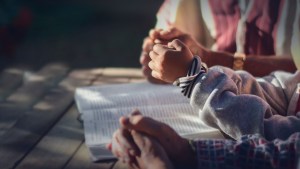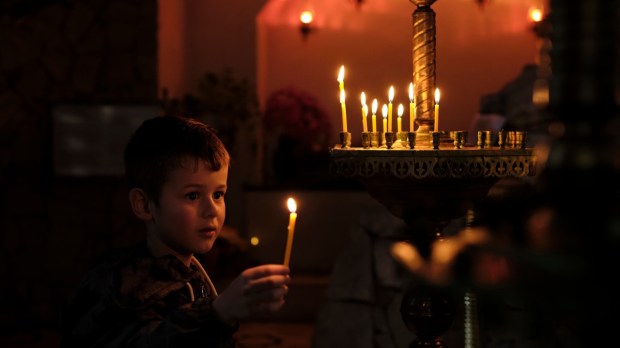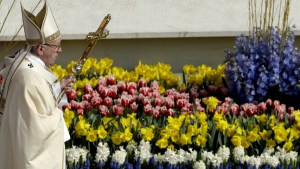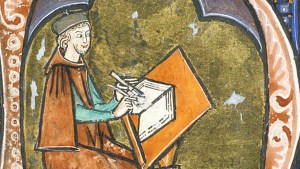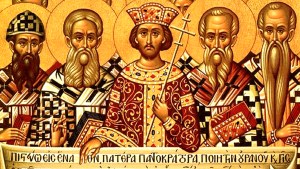The fact that Easter will be celebrated by Christians of East and West — Catholics, Protestants, and Orthodox — on the same date during a year when the Christian world is celebrating a major anniversary of an ecumenical council is an “important sign” and an opportunity that “must not be allowed to pass by in vain,” Pope Francis said Thursday.
The year 2025 is the 1,700th anniversary of the First Council of Nicaea, which established the procedure for determining the date of Easter from year to year, clarified the divine nature of the Son of God, and gave the Church the Nicene Creed.
Since the Council happened in 325, it was also at a time when Christendom was united, well before the Great Schism of 1054.
“More than once I have been called to seek a solution to this question [of the Easter date], so that the common celebration of the day of the Resurrection is no longer an exception, but becomes the norm,” Pope Francis said.
The year 2025 also is a jubilee year for the Catholic Church.
The Pope made his remarks during a meeting of Pasqua Together 2025, which represents various lay associations and movements of several Churches. The interfaith working group was established to find a way to restore a common date for Easter between Western and Eastern Christians.
Thursday’s meeting at the Vatican included religious leaders, theologians, and Church historians led by Cardinal Kurt Koch, Prefect of the Dicastery for Christian Unity.
Make every effort
Pope Francis encouraged all initiatives promoting Christian unity in 2025. He recalled that the Council of Nicaea in 325 had made it possible to set the date of Easter – the first Sunday after the full moon following the spring equinox.
With the creation of the Gregorian calendar by Pope Gregory XIII in 1582, however, Churches of the West and East began to celebrate on different dates. In some years, though, the dates winds up being in common, as it will on April 20, 2025.
Pasqua Together was initiated during a meeting of Christian representatives in Crete in 2022. It is linked with the interfaith initiative JC2033, which is preparing the celebration of the 2,000th anniversary of the death and resurrection of Christ.
In prepared remarks, the Pope said, “I encourage those who are committed to this journey to persevere, and to make every effort in the search for a shared agreement, avoiding anything that may instead lead to further divisions among our brothers and sisters.”
Easter is Christ’s, not ours
He pointed out that Easter does not take place by our initiative and is not linked to any one calendar.
“Easter occurred because God ‘so loved the world that He gave His only Son, that whoever believes in Him should not perish but have eternal life,’” he said, according to Vatican News’ Devin Watkins. “Let us not forget the primacy of God, His primerear, His having taken the first step.”
Pope Francis urged Christians not to close themselves in their plans, ideas, calendars, or “our Easter.”
“Easter belongs to Christ!” he noted. “Moreover, it is good for us to ask for the grace to be ever more His disciples, allowing Him to be the one to show us the way we should follow.”
In conclusion, the Pope said Christians should reflect, plan, and walk together, so that we may bear witness to Christ and that the world may believe.
“Let us also turn, today, to the Prince of Peace in order to pray that He give us His peace.”
In 2025, Pope Francis could return to this question during a trip to Nicaea – today Iznik, a port city near Istanbul in Turkey – where he has announced he wants to go. According to the Eastern Orthodox, he will make this trip with Patriarch Bartholomew I at the end of May, though the Vatican has not announced anything yet.
